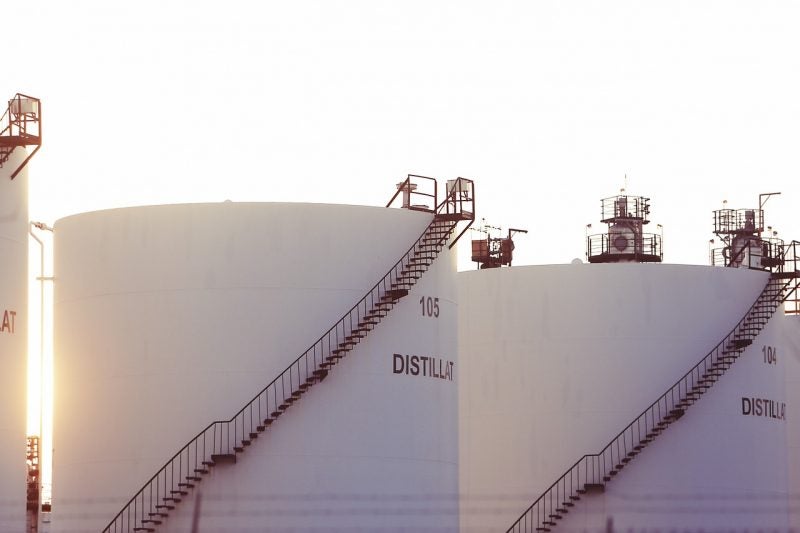
Oil prices have increased on signs that producers will adhere to commitments to cut crude supply as agreed.
Easing of Covid-19-related restrictions around the world also contributed to the gain in prices.
Brent crude futures rose by 1.7% to $36.12 a barrel, while US West Texas Intermediate (WTI) crude futures were up 3.2% to $34.31 a barrel, Reuters reported.
According to the news agency, the market was buoyed by comments from Russia after it reported that the country’s oil output had sunk to its target of 8.5 million barrels per day (bpd) for this month and next month.
This drop in output is part of the supply cut deal agreed with the OPEC+ Group.
Australia and New Zealand Banking Group senior commodity strategist Daniel Hynes said: “There’s definitely a feeling those cuts have come through as well as you could expect.”
How well do you really know your competitors?
Access the most comprehensive Company Profiles on the market, powered by GlobalData. Save hours of research. Gain competitive edge.

Thank you!
Your download email will arrive shortly
Not ready to buy yet? Download a free sample
We are confident about the unique quality of our Company Profiles. However, we want you to make the most beneficial decision for your business, so we offer a free sample that you can download by submitting the below form
By GlobalDataThe record output cuts of nearly 10 million bpd agreed for this month and next month started from 1 May.
Meanwhile, OPEC+ countries are again set to meet early next month to discuss on maintaining supply cuts which were started to stabilise prices.
Russian energy minister Alexander Novak said that a rise in fuel demand should help curb the existing surplus across the globe of about 7-12 million bpd by June or July this year.
Hynes added: “With economies restarting, the focus definitely is on the improvement in the fundamentals, rather than what seemed like a complete collapse in demand only a few weeks ago.”
Data released by energy services firm Baker Hughes has revealed that rig counts in the US declined to 318 in the week that ended on 22 May. This is an indication that there would be a much lower output in the near term.




